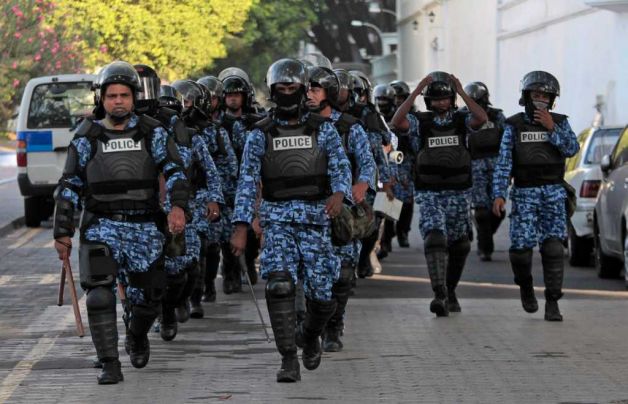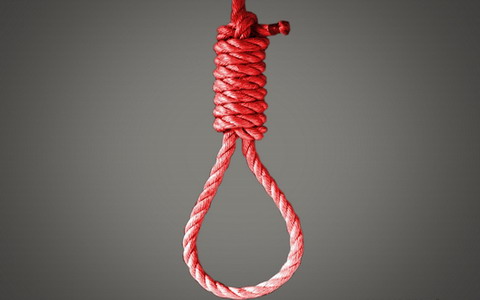CoNI & the Coup: I. Constructing the truth
There are no facts, only interpretations.
– Frederich Nietzsche
When the allegation lacks substance or reality, nothing is required in response.
– Commission of National Inquiry (CoNI)
by Azra Naseem
The idea that an objective truth can exist independent of political power is a myth dating back to Plato. On the contrary, truth and political power are intricately woven together—one cannot exist without the other. Instead of an ‘objective truth’, what becomes accepted as ‘reality’ is based on what those in power are willing to include as ‘true’ and what they exclude as ‘false’ in what they say and do about a given issue. While such power/truth relations are normally hidden from surface observations and casual scrutiny, the Report of the Commission of National Inquiry, Maldives is a document that blatantly demonstrates how ‘truth’ is produced in this manner and how the truth so constructed is used to exercise power and control over society.
It is CoNI’s conclusion that there was “No coup, no duress, no mutiny” in the Maldives on 7 February 2012. To arrive at this ‘truth’, the CoNI Report excludes all information it regards as false and includes only what it deems true according to preconceived notions and beliefs. “When the allegation lacks substance or reality”, it states, “nothing is required in response.” How CoNI decided what ‘lacks substance or reality’ and, therefore, can be dismissed as not worthy of a response, is not explained. It is an arbitrary measurement, composed and set up by the Commission according to a standard that itself decided on, and which it decided not to make public.
Some statements contained in the report, however, do provide an indication as to the criteria used by CoNI to decide which of the 293 witnesses it interviewed were telling the truth, and which of them were judged as simply repeating ‘hearsay’ or enthusiastically relaying fantasies of a confused mind susceptible to suggestion.
Take, for example, the following statement:
Just as a question has no evidential value unless the person answering accepts or adopts the fact contained in the question, allegations have no evidential value just because someone has articulated them repeatedly.
What does this confused and confusing statement mean? If a question is being asked in order to establish the facts of an event, why then does the question itself contain a fact that the answer must first accept for it to be considered valid? Is CoNI saying that a decision was made from the very beginning to exclude as invalid all the answers that did not first accept ‘the fact’—as stated in CoNI’s findings—that ‘there was no coup’?
How much evidence was excluded on this basis? Is this the grounds on which the evidence of Nasheed’s wife, Laila, for instance, was given no consideration by CoNI? In an investigation of the validity of Nasheed’s claim that he resigned under duress, fearful not just of a public bloodbath but also for the safety of himself and his family, would the evidence of his wife not be essential to verifying his explanation?
It is not just Laila’s evidence that seems to have no place in CoNI’s deliberations. Although one of the appendices to the report provides a list of 49 pieces of documentary evidence submitted by various witnesses, there are only seven such documents it refers to as having ‘comprehensively reviewed by the Commission’.
Of these, what it relied on most was its own Timeline, published on 6 June 2012, over two months before it completed its deliberations. [The English translation of the Timeline published on the CoNI website on its official letterhead was copied verbatim—except for an occasional substitution of a word here and there—from Dhivehi Sitee with neither permission nor acknowledgement, or shame for that matter.]
According to the CoNI Report this Timeline, published prior to interviewing some of the most important witnesses to the events of 7 February, was the truest document of them all. There was nothing anybody could say to challenge its version of events, for it contained CoNI’s ‘truth’.
It must be noted also that despite the many alternative scenarios which have been produced internally and internationally, there has been virtually no challenge of any substance to what was recorded in the Timeline.
Indeed. Not when all evidence that was excluded from the Timeline remained excluded as unworthy of inclusion.
This is an analysis of some of the most blatant exclusions of fact the CoNI Report relied upon to construct a particular ‘truth’ about the events of 7th February 2012. It is part one in a series of in-depth analyses of the CoNI Report which, if accepted in its current form as ‘what really happened’ in the Maldives on that day, renders the 2008 Constitution of the Maldives meaningless and creates the conditions in which the illegal overthrow of a government can be deemed legal.

